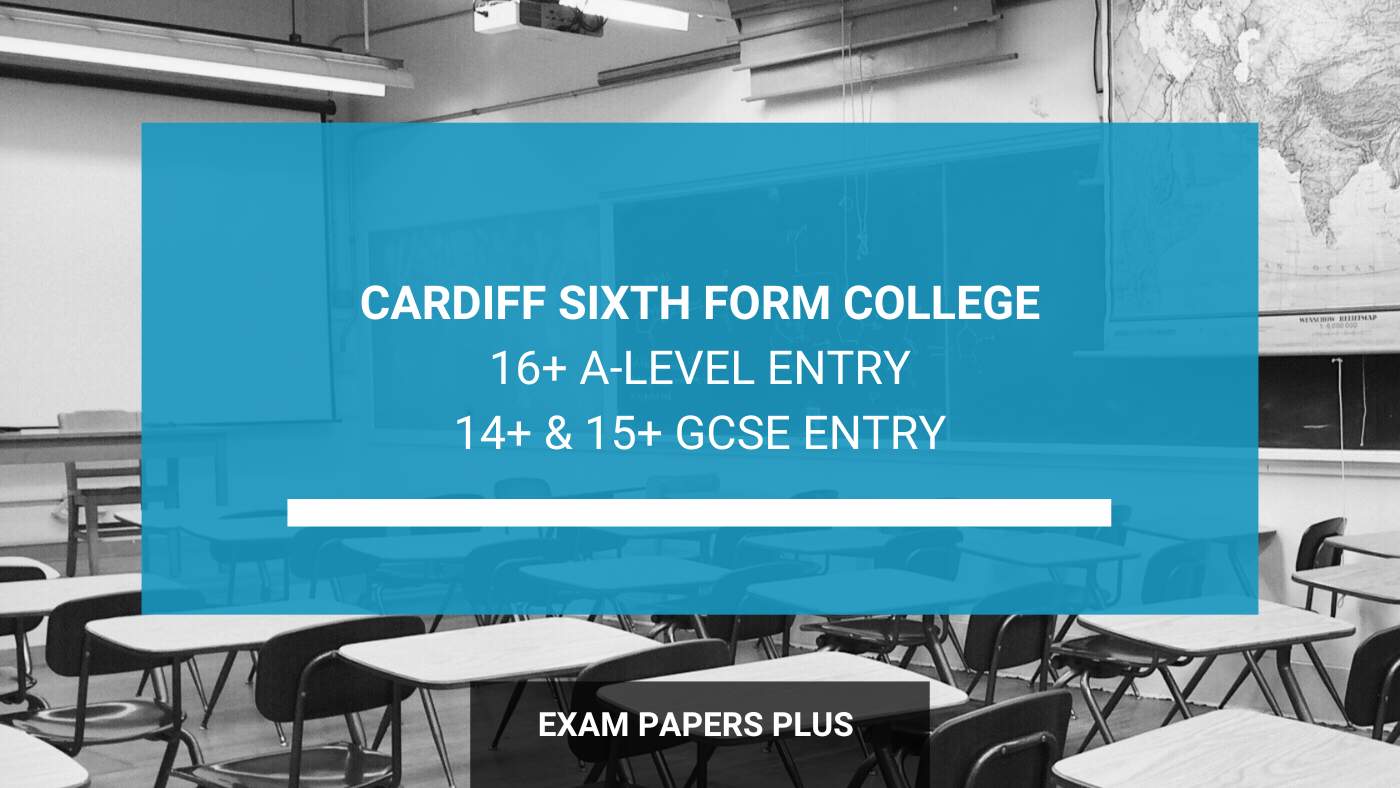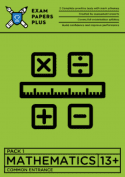
GCSE Physics Study Tips
Bookmark this page? Pop your email into the box below to receive a link to this article so you can easily refer back to it later.
Table of Contents
Introduction
Sometimes it’s not what you study, but how. If you’re currently preparing for your GCSE physics exam, then you’ve arrived at the right place. At Exam Papers Plus, we publish GCSE physics revision packs to help students prepare for the exam, so we know a thing or two about how to make the most of your study time. Here are our top GCSE physics study tips:
Plan Your Study Time
It’s important to create a schedule so you can plan when and what to study. Our preferred way to plan for studying is to use a wall planner that you can put up on your bedroom wall. Having a visual representation of what you plan to study can help you keep the bigger picture in mind.
Make sure you mark the day of your exam and the days you plan to study physics. You should also briefly outline what topics you’ll study each day and what practice tests you’ll use to apply your knowledge.
You may also find it useful to make to-do lists to ensure that you achieve everything you want to for that day. For example, you may want to spend extra time on physics energy questions one day, or revise space physics topics that you sometimes struggle with. To-do lists help you break down bigger tasks into more manageable chunks and they can be a good way of charting your study progress.
Review Your GCSE Physics Coursework
A good starting point in studying for GCSE physics is to review your coursework. Firstly, you should be aware of what topics you’ve studied throughout the year. To provide you with a summary, here are the eight topics that are featured in the exam: energy; electricity; particle model of matter; atomic structure; forces; waves; magnetism and electromagnetism; space physics.
As you review your coursework, highlight any essential areas that you’ll need to know for the tests. Make your own study materials like flashcards and mind maps so that your learning is interactive.
After reviewing each topic in your notes, be sure to tackle corresponding exam-style questions to put theory into practice. Not only do practice tests help you get used to the type of questions you could be asked, but they help you become familiar with the layout and format of the exam.
Ask for Help When You Need It

No-one said that studying for physics had to be done on your own. If you find yourself struggling with a certain topic or exam question, ask someone for help. Class teachers, private tutors, parents and fellow students can all save you precious time in trying to work something out on your own.
You may want to consider organising a study group with some of your classmates for this exact purpose. Studying in a group can help keep you motivated and you’ll have other students on hand who can provide advice when you’re stuck. As they say, a problem shared is a problem halved.
Use GCSE Physics Practice Tests
The most effective way to apply your knowledge to an exam situation is to use practice tests. They can help you put your theory into practice and provide you with an indication of your current attainment. At Exam Papers Plus, we publish GCSE physics practice tests that cover all eight topics in the syllabus. Our packs also provide sample questions for each of the four question types in the exam.
As you continue to use practice tests throughout your studying, you’ll start to see your scores improve, which can help boost your confidence. As such, they’re a great way for charting your progress in the lead up to the exam.
When we created our GCSE packs, we thoroughly analysed examiners’ reports from previous years to ensure that we covered all the essential elements of the physics exam. Our physics packs also include some of the most challenging questions that you’re likely to come up against in the exam, so you’ll be prepared for every eventuality.
When taken under timed conditions, our packs can help you get used to answering questions quickly and under pressure, thus improving your time management skills.
All of our GCSE packs are written and developed by former GCSE physics examiners and markers. They focus on the key skills that you’ll need to do well in higher tier GCSE exams.
We’d highly recommend the following resources to help with your GCSE physics revision:
All of our packs are available immediately after download.
Related posts:
GCSE Physics Topics: What You Need to Know for the Exam
GCSE Physics Help: Preparing for the Exam
How to Revise and Practice for GCSE Physics
GCSE Physics Energy Questions and Answers
GCSE Physics: Key Skills Pack – Providing Essential Exam Practice and Preparation
GCSE Physics: Working Scientifically
GCSE Physics: Understanding Exam Command Words
Bookmark this page? Pop your email into the box below to receive a link to this article so you can easily refer back to it later.
















